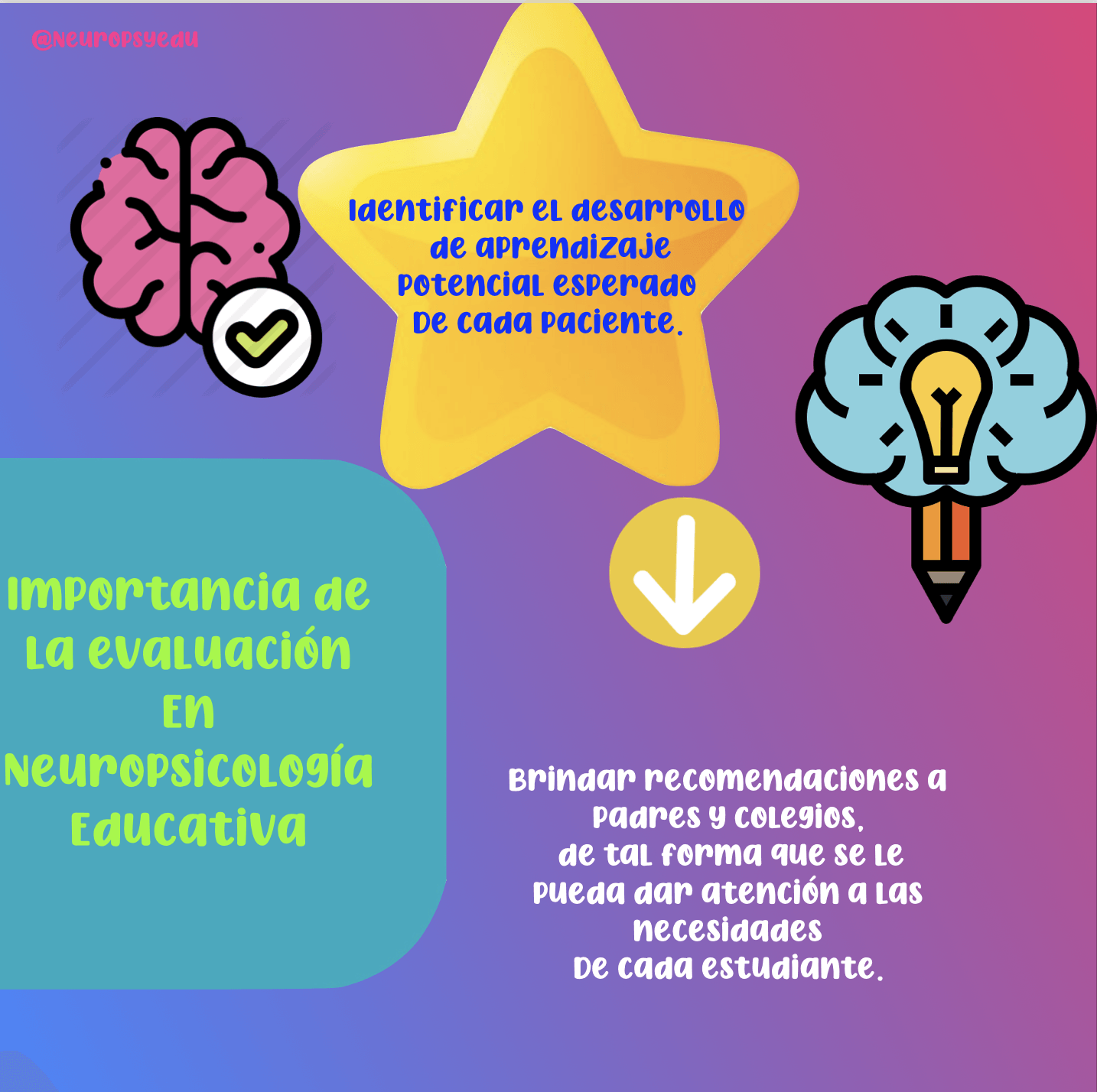PSYCHOEDUCATIONAL EVALUATIONS
Psychoeducational evaluations
The psychoeducational assessment aims to identify how a person is performing from different perspectives. For example:
✅ Analyzing how the individual's behavior and emotions are in their educational setting. To do this, it is positive to consider external informants (teachers and educators) within the evaluation process, so that it can be collected how the person functions in their educational setting.
✅ It is positive to assess the adaptive functioning and functional skills in an educational context. This would help an external specialist to identify the priority needs that require prioritization in a possible intervention program.
✅ It is useful to assess the presence or absence of symptoms usually associated with neurodevelopmental disorders. To do this, collecting information from external informants can be very useful in the differential diagnosis, since usually one of the criteria requested is that the symptoms that affect the person have to be present in two or more different contexts.
✅ Among the most common learning difficulties are dyslexia, dyscalculia, dysgraphia and dysorthography. For this reason, it is important to evaluate reading, writing, calculation, phonological awareness, phonological processing, phonological encoding and decoding processes, so that schools can be proposed, through recommendations, what are the reasonable adaptations and adjustments in each case.
At Neuropsyedu we are in charge of processing the necessary letters that allow schools to collaborate and be part of the evaluation process. If you have any questions, you can contact us with confidence by clicking here.




















